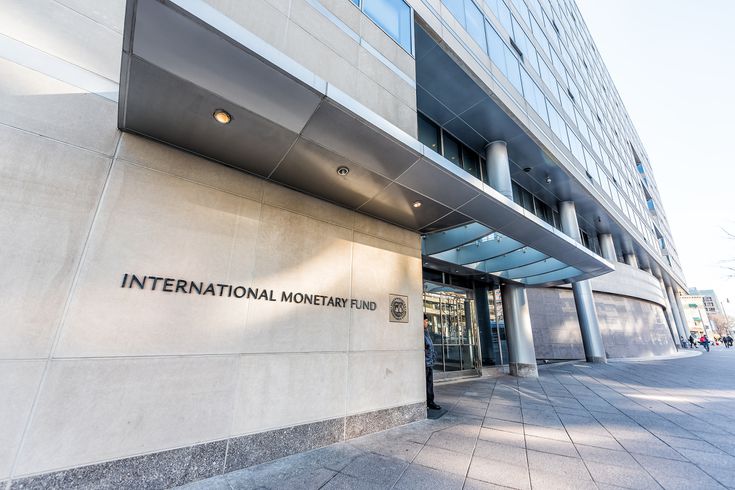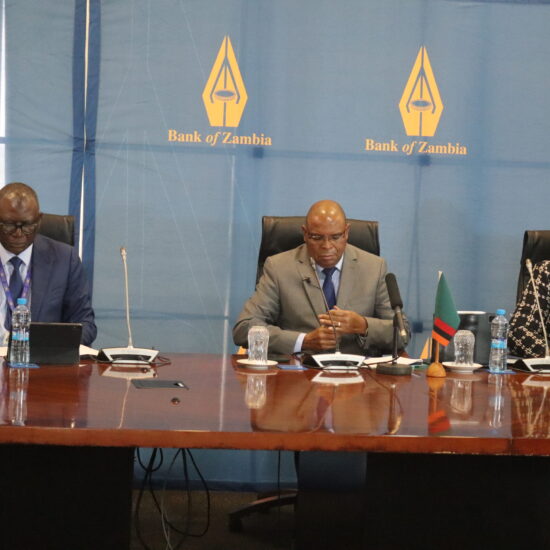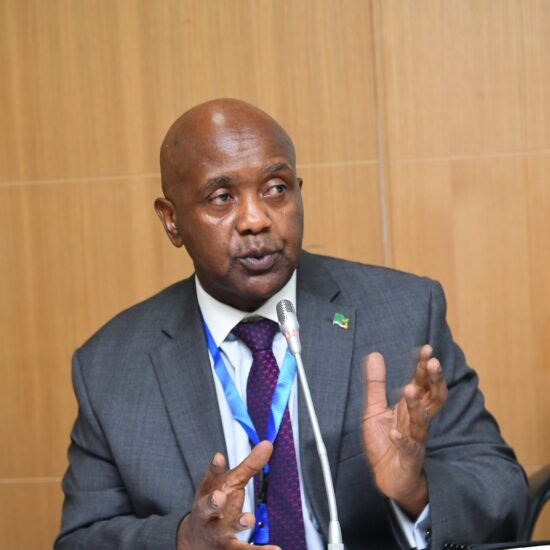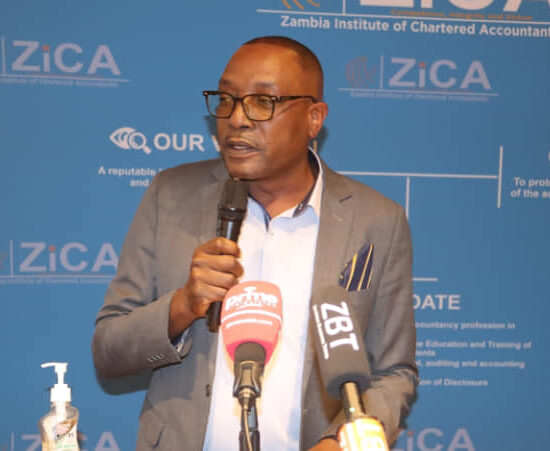
An International Monetary Fund (IMF)-supported economic programme is inevitable for Zambia as it presents important opportunities for realism in setting the debt records straight, transparency and mutual accountability, and technical assistant towards establishing fiscal and debt discipline.
According to information made available to the Zambian Business Times-ZBT, a local research economist at Equilibria Consulting Limited Caesar Cheelo said through an IMF programme, Zambia would be able to replace expensive commercial loans bearing coupon rates in the region of 5.36-8.97% for cheaper zero interest rate moneys.
Cheelo said the debt service savings would create significant fiscal space.
He said an IMF programme would unlock new money saying Zambia is eligible to a quota of approximately US$1.3 billion in new concessional loan money.
“IMF loan terms and conditions of IMF loans are generally much more favourable than on any commercial debt, including any debt rearrangements (such as Bond refinancing). The IMF uses the following three concessional lending facilities to provide support to low-income countries (LICs) like Zambia.
“The Extended Credit Facility (ECF), Standby Credit Facility (SCF) and the Rapid Credit Facility (RCF) which are all concessional. While they have different maturities and grace periods, they are all currently interest free,” Cheelo said.
He explained that the ECF, which Zambia is seeking is a sustained medium- to long-term engagement in case of protracted balance of payments problems while the SCF is financing for LICs with actual or potential short-term balance of payments and adjustment needs caused by domestic or external shocks, or policy slippages and can also be used on a precautionary basis during times of increased risk and uncertainty.
Cheelo said the RCF is the rapid financial support, as a single up-front payout for low-income countries facing urgent balance of payments needs and possible repeated disbursements over a (limited) period in case of recurring or ongoing balance of payments needs.
He said financing under the ECF and SCF carries a zero interest rate at least through June 2021, with a grace period of 5½ years and 4 years, respectively, and a final maturity of 10 years and 8 years, respectively.
He said any commercial debt rearrangement for example, refinancing of the US$750 million Eurobonds falling due in 2022 would not introduce any new money but would simply rearrange the existing stock.
Cheelo said this would not offer much extra Balance of Payment (BOP) support or fiscal space, especially compared to financing under an IMF programme.
He observed that IMF provides a very strong signal to the international community, unlocking pockets of finance and international goodwill.
“The following examples emphasize this simple but powerful point: The G20 Common Framework of Official Creditors succeeded in establishing a moratorium, which covered part of Zambia’s official debt for a period.
This moratorium was possible because the IMF and World Bank weighed in and guided the establishment and implementation of the Common Framework.
“Despite Zambia having hired financial advisors Lazard Frères and legal advisor White & Case, refinancing talks with Eurobond holder stalled in 2020, with the Bondholder citing, among other things, the agreement of a Fund deal between Zambian and the IMF as a pre-condition for negotiating with creditors,” Cheelo said.
He said in other words, the Eurobond creditors suspended negotiations on debt restructuring until Zambia secures an IMF deal.
Cheelo said, “In addition, when Zambia defaulted on its Eurobond debt service payments in late 2020, it is a widely held secret that the IMF stepped in to keep the creditors at bay, convincing them to holt the international arbitration process of recalling the principal amounts all three Eurobonds totaling US$3 billion.
He also said the multilateral and bilateral partners are on record that their future development finance to Zambian will depend on both good standing with them individually and on good standing with the IMF.
Cheelo said this is especially important for securing budget support from various development partners, something that will not be granted without an IMF deal.
“IMF is a highly competent technical assistant and strategic accountability partner: the expertise of the IMF in economic management, governance, fiscal and debt rebalancing, macroeconomic stabilization, etc. will offer crucial support to Zambia going forward, given the recent history of significant economic mismanagement and weakening of economic institutions.
“For instance, on debt data integrity and reliability, it is well documents that the World Bank-IMF and Zambian authorities had serious disparities on debt numbers and therefore, on the understanding of the prospects for putting Zambia on a path of debt sustainability,” he said.
Cheelo said ultimately, an IMF program is not meant as a panacea for Zambia’s economic problem; however, it is a necessary element, among many others, for economic recovery.
He said economic recovery is not about finding sets of mutually exclusive policy options; it is about formulating and implementing a sequence of coherent complementary home-grown & external policies & programs.
“Of course, Zambia should not go to the IMF negotiating table with eyes closed or with a weak and poorly thought-out negotiating position.
“The country has experienced a lot, has learned a lot, including about its own self-destructive tendencies, and now has every opportunity to establish a strong strategic negotiating position and secure a reasonable deal, also riding on the domestic and international goodwill and strong political will,” Cheelo added.







